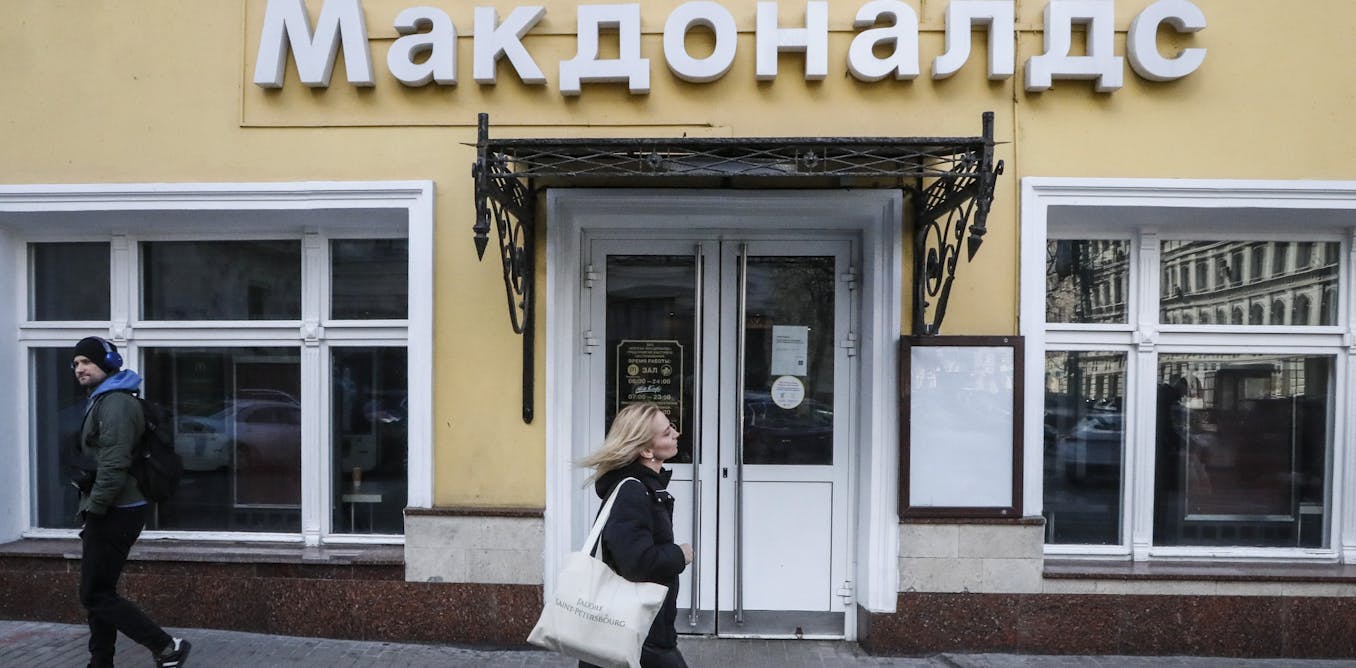Prison numbers set to rise 24% in England and Wales -- it will make society less safe, not more
Increasing the prison population will put England and Wales out of step with their neighbours.


The Ministry of Justice is banking on England and Wales’ prison numbers rising by 23.7% by March 2026, predicting that the prison population will climb from 79,580 to 98,500. Matched by an intention to build space for 20,000 extra prison places, this would take numbers to an all-time high for the two countries.
It is mainly the sentenced population rather than the remand population (those awaiting trial) that is predicted to grow. The numbers of those recalled back to prison is set to grow as well. The number of men, women, children and prisoners over 50 years of age are all expected to increase.
Yet evidence shows that far from cutting crime, increasing the prison rate is likely to have a negative effect on wider society. It goes against the approach many other countries are now taking to reduce their prison populations.
The Ministry of Justice says the main reason for the increase is the planned addition of 23,400 police officers. There are other factors listed, particularly in the area of sentencing. But the boost in police officer numbers is expected to lead to more people being charged with a criminal offence and running the risk of a prison sentence.
Most police officers may well “find” more crime, but it may lead to further overpolicing of poor neighbourhoods and certain ethnic minority youngsters. And this won’t make us safer.
It is telling that the announcement does not say that the increase in prisoner numbers has anything to do with any predicted or experienced rise in crime. It is well established that prison rates and crime rates operate largely independent from each other. Similarly, evidence shows an increase of the use of imprisonment has only a marginal effect on crime rates.
Fewer prisoners, safer country
We can therefore conclude that the predicted increase in prisoners in England and Wales is driven by something else. What we see in the is a political initiative to increase the prison population. It is an example of penal populism, where government devises policy to appeal to certain groups of voters, and influential organisations like newspapers and right-wing think tanks, rather than rely on evidence.
A big increase in the prison population is not something to celebrate. We know from decades of research around the world that prison does not work. Prison does not reduce reoffending, and, on average, fails to prepare prisoners for a successful return to society.
Recidivism rates – relapses into criminal behaviour – are high and have been so for decades. Psychological interventions in prison do not seem to make much difference either.
The truth about prisons is that they are simply too traumatising, too dangerous, and too disruptive to life and self to be able to offer a positive future. Most are places in which only the most resilient and determined prisoners are able to reinvent themselves and leave their criminal past behind.
The projected growth in prison numbers would reverse the decline from 87,000 prisoners seen since 2012. Again, this wasn’t related to crime rates. Rather, prison rates were actively reduced by stealth. Austerity measures reduced the number of police officers, but a reduction in the number of courts and courtrooms was already underway before then, and has continued since.
Not only would an increase in the prison population mark a break in the previous trend for England and Wales, it would also be out of sync with global patterns. The prison rate is going down in many countries, including some of the most incarcerative nations like the US and Russia.
The US, once the world leader in incarceration rates, has seen a reduction of its prison population from 2.3 million in 2008 to just under 1.8 million in early 2021, a reduction of 23%. This is in part due to fewer prosecutions but also because of sentencing reforms like the First Step Act 2018 which allows for less draconian sentencing, notably in the area of drugs offences.
Even more dramatically, the Russian prison population has almost halved in 20 years, from over 1 million prisoners to just over 500,000, according to the World Prison Brief. Closer to the UK, the prison rate in the Netherlands dropped over 40% in less than a decade, with more than 25 Dutch prisons closed or repurposed as a result.
Both Scotland and Northern Ireland have also seen a decrease since 2012. England and Wales, therefore, are set to buck a national, a regional and a global trend.
The UK would be wiser to emulate the reduction in the prison populations seen around the world. Society would be safer for it – and some of the excessive cost of imprisonment could be better used elsewhere.
Prison produces individuals who are angry, traumatised, mentally unwell and who are likely to have lost their family support, social network and jobs. For many, these factors are likely to lead to relapses into criminal behaviour. Should we succeed in relying on imprisonment less, society will therefore be more, not less safe.![]()
Francis Pakes does not work for, consult, own shares in or receive funding from any company or organisation that would benefit from this article, and has disclosed no relevant affiliations beyond their academic appointment.
What's Your Reaction?




















































